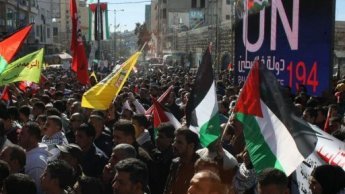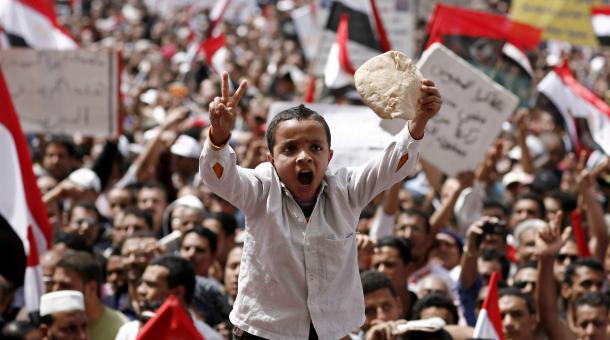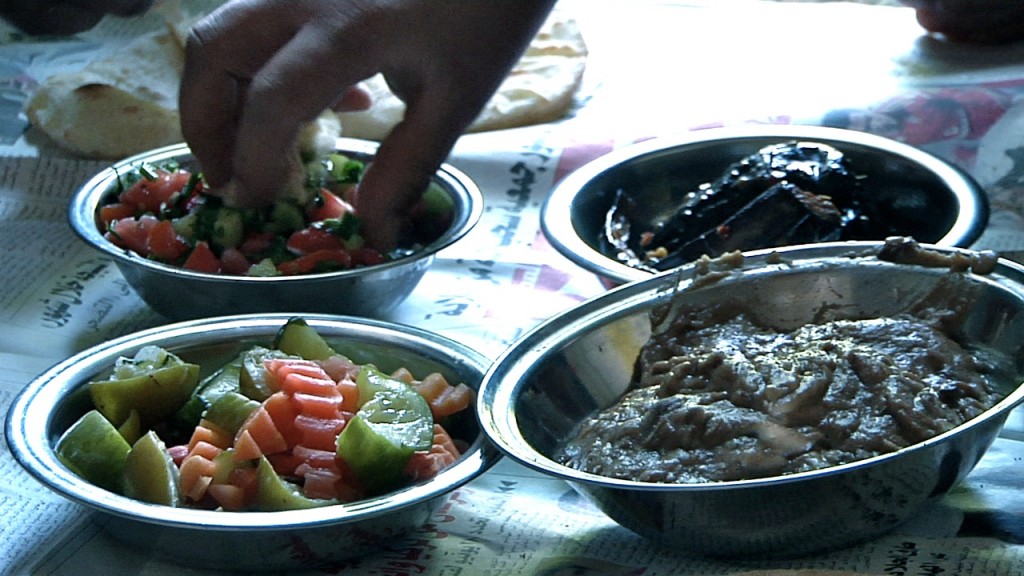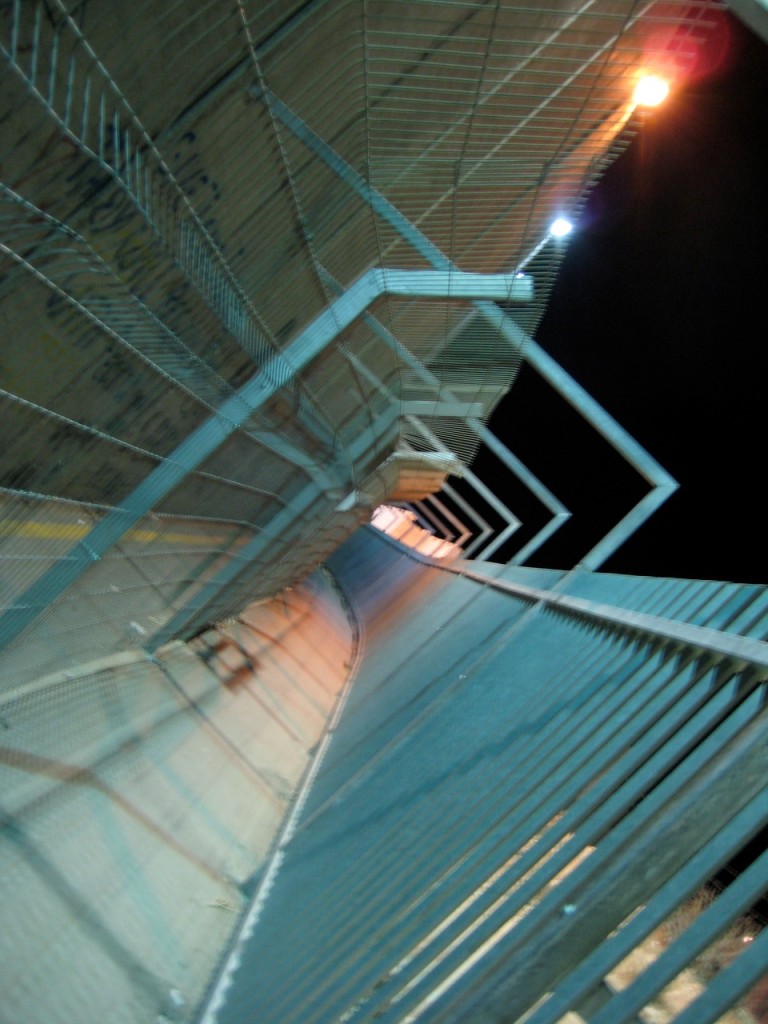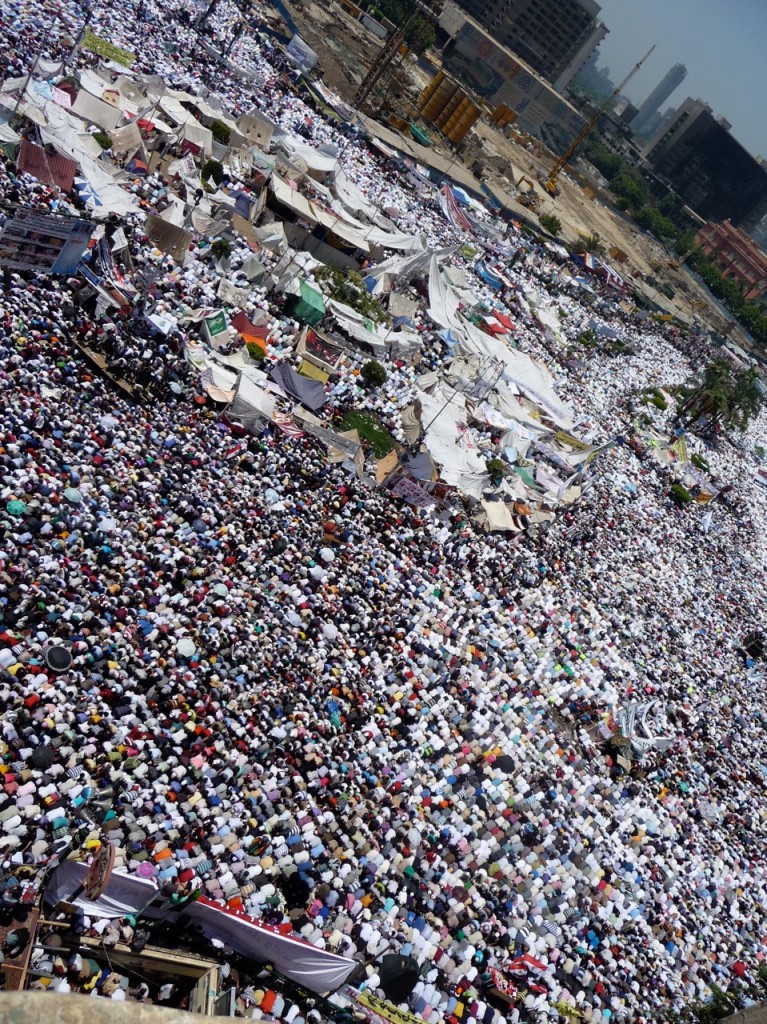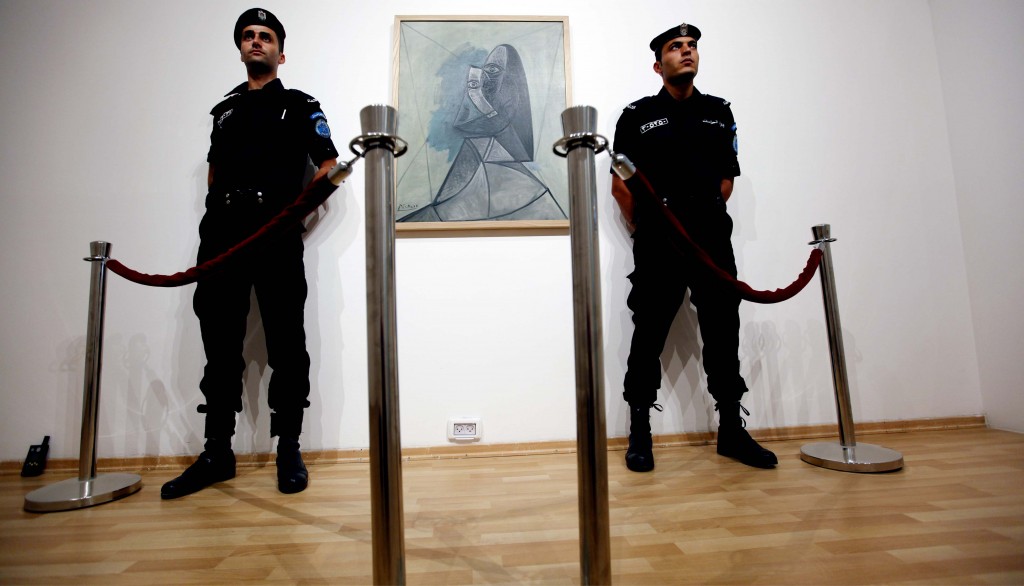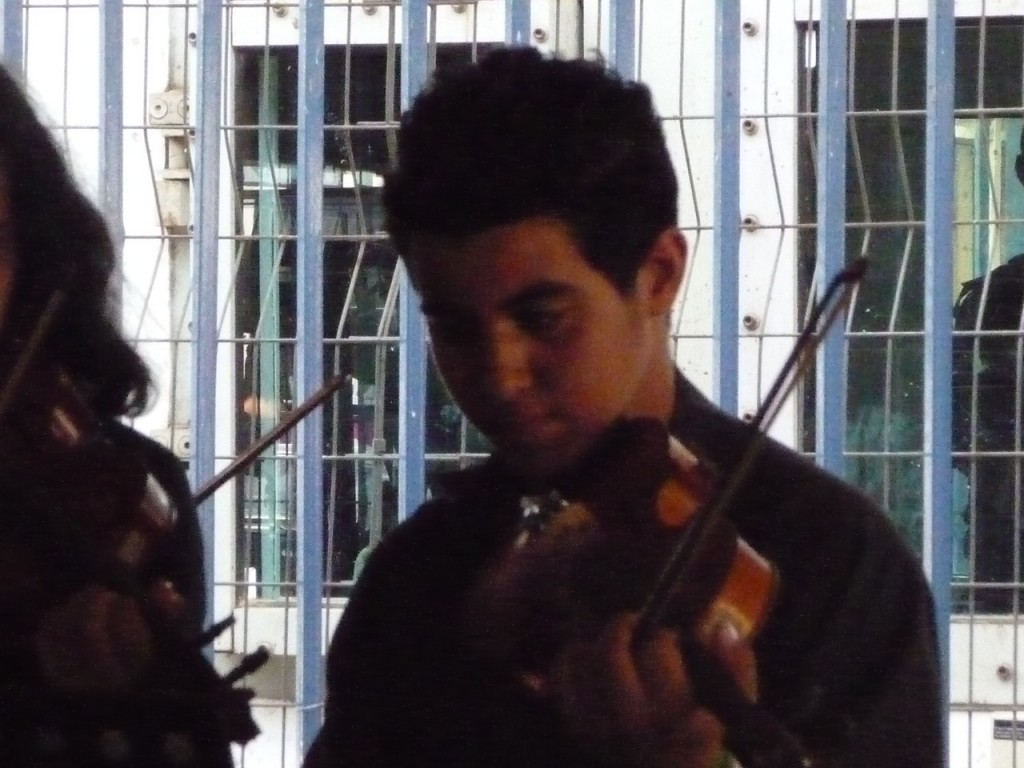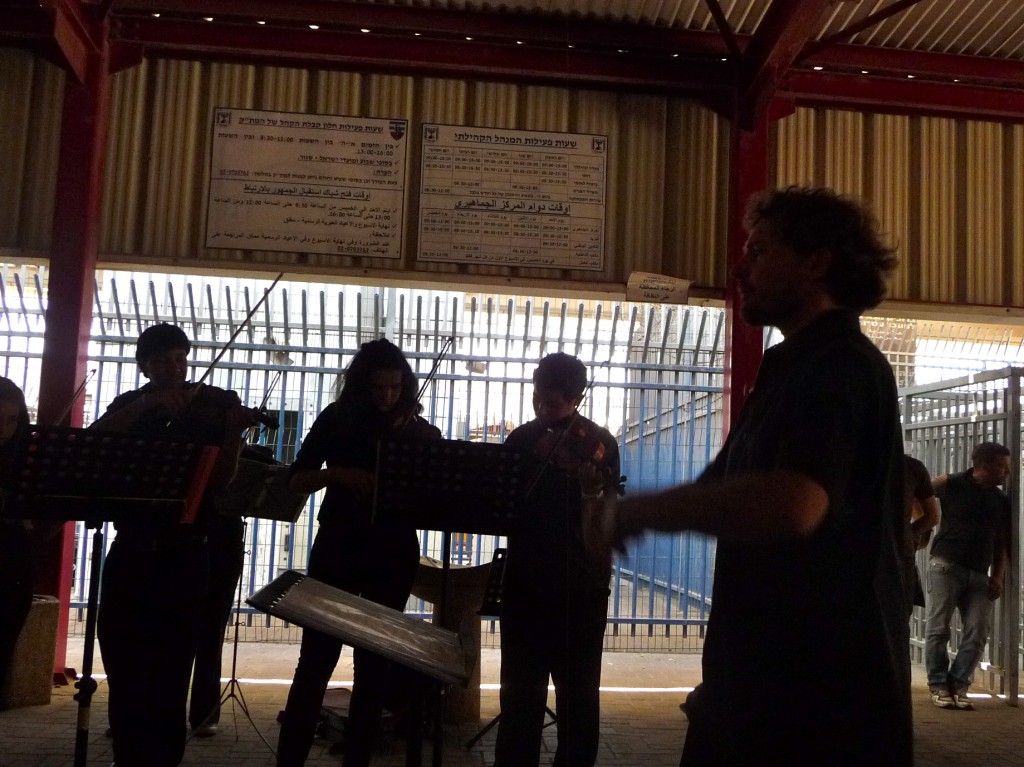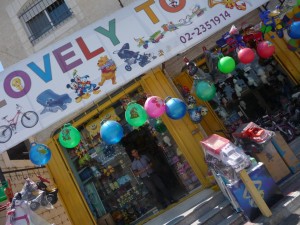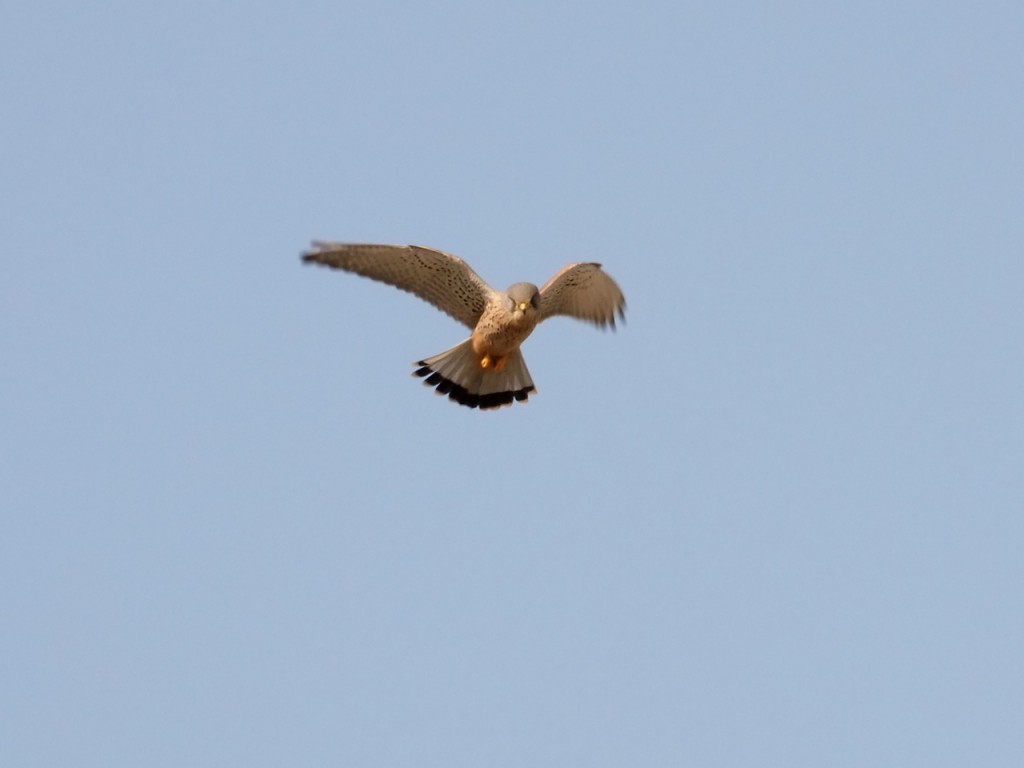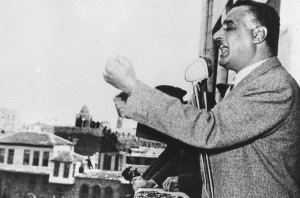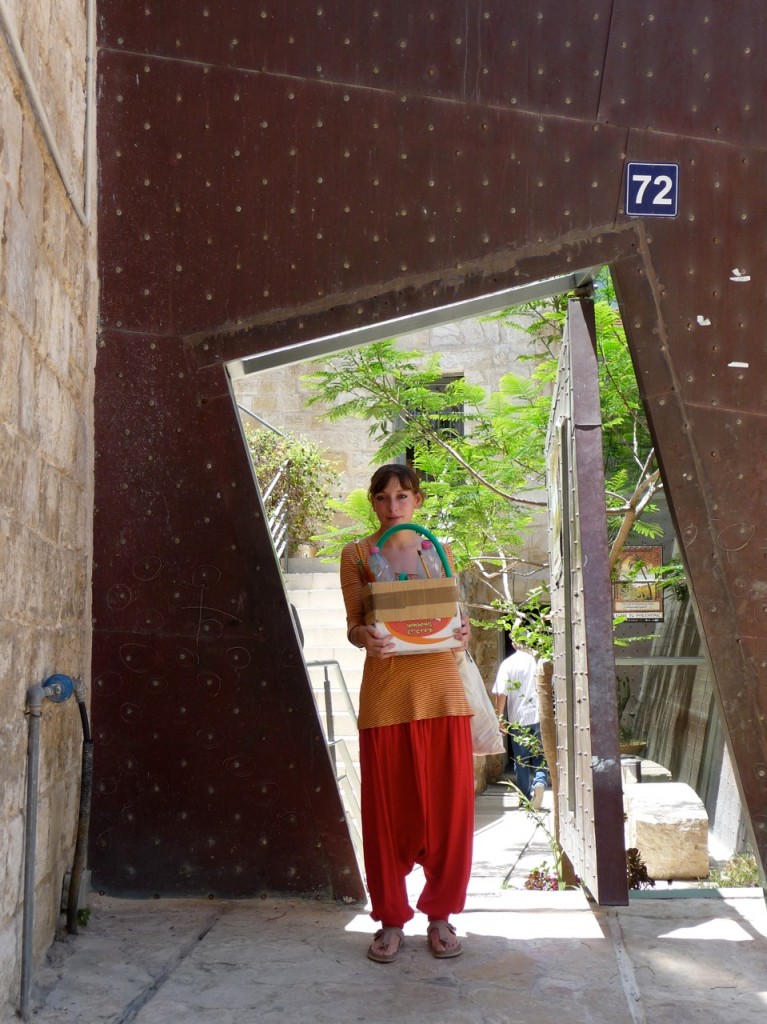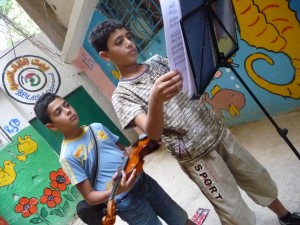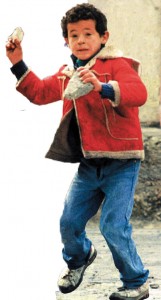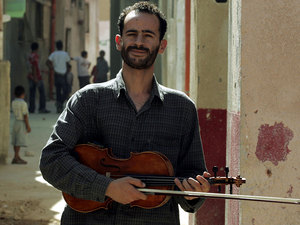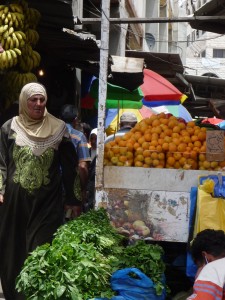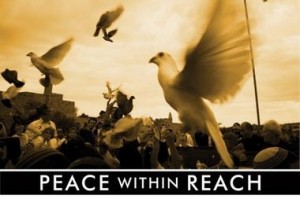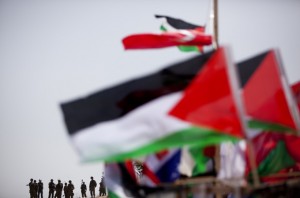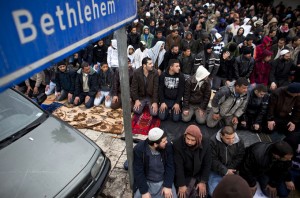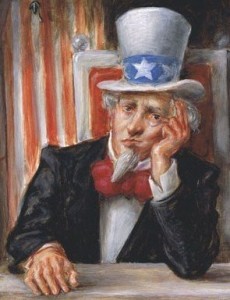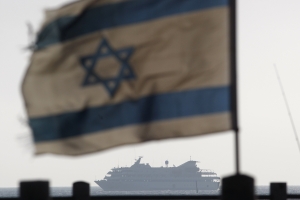The Obama administration’s refusal to support Palestine as a symbolic “observer state” in the United Nations sends a strong signal that all will be business as usual during the second term. Worse, with its latest and most shameful capitulation to AIPAC and the pro-Israel lobby in the U.S., the United States has essentially endorsed a No State Solution between Israel and Palestine.
Official U.S. policy has long been in support of a negotiated settlement that would produce two states, Israel and Palestine, existing side by side in peace. But during the “peace process” of the last twenty years, Israel’s actions have undermined that goal. Since the famous Rabin-Arafat handshake on the White House lawn in 1993, which marked the beginning of the Oslo process, settler population in the West Bank has rocketed from 109,000 to more than 350,000. One of the largest settlements, Ariel (20,000) has been absorbed into “greater Israel” by a separation wall that veers deep inside the West Bank; plans are in place to thus incorporate a second settlement, Ma’ale Adumim (34,000). A ring of Jewish settlements all but surrounds East Jerusalem, crippling the dream of making the Holy City the future capital of Palestine. Settlements, checkpoints, roadblocks, settlers-only roads, and Israel’s full military occupation of 60 percent of the West Bank: all have combined to carve a would-be Palestine into disjointed cantons, not the “viable and contiguous” land that the U.S. officially seeks for Palestine. Rockets from Gaza or, in past years, suicide bombers from the West Bank have clearly undermined the Palestinians’ own case. But the Israeli seizure of Palestinian land has continued apace, regardless of the level of violence.

